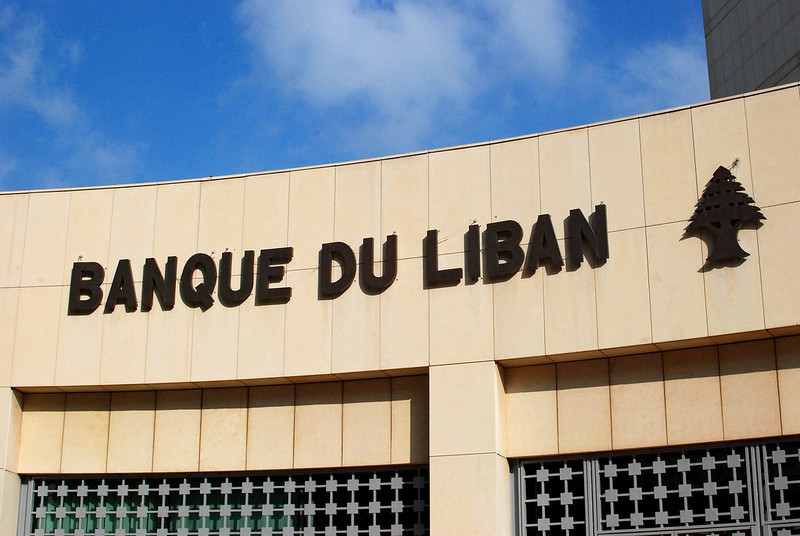Des dizaines de déposants clients des banques libanaises ont décidé de se tourner vers la justice, dans l’objectif de lever les restrictions bancaires informelles imposées à leur épargne pour récupérer leur argent. En effet, depuis 2019, le Liban est plongé dans une crise économique sans précédent. Baisse des salaires, pauvreté endémique, défaut de paiement de la dette souveraine, dépréciation de la monnaie… Rien n’épargne le pays miné par la corruption.
Une situation économique libanaise alarmante
Un an après l’explosion du port de Beyrouth, la situation économique du Liban continue de se dégrader. Selon la Banque de France, le pays fait face à l’une des trois pires crises à l’échelle mondiale depuis 150 ans.
Les chiffres sont alarmants. D’abord, la livre libanaise a chuté de près de 90 % par rapport au dollar sur le marché noir depuis le début de la crise à l’automne 2019. Ensuite, en raison de la dépréciation de la monnaie, les Libanais ont été confrontés à une explosion de l’inflation qui a atteint 84,3 % à fin 2020, selon les données officielles.
Autre constat : près de 55 % de la population vit désormais sous le seuil de pauvreté, avec moins de 3,84 dollars par jour, rapporte un rapport publié par l’ONU en 2021.
Enfin, le Liban est aujourd’hui en défaut de paiement avec une dette publique qui s’établissait à 95,6 milliards de dollars à fin 2020, comme le montrent les données du Fonds monétaire international (FMI).
L’accès à l’épargne limité par des restrictions bancaires officieuses
La crise de liquidités qui a éclaté au Liban en 2019 a également entraîné une série de restrictions bancaires. Depuis, aucun contrôle officiel des capitaux n’a été mis en place.
Certains épargnants voient leurs retraits en devises plafonnés avec des décotes importantes sur les fonds allant jusqu’à 80 %. Les Libanais essuient ainsi les pertes du secteur bancaire estimées à plus de 72 milliards de dollars.
La Banque du Liban (BDL) est celle qui affiche les plus grosses pertes et n’est plus en mesure de rembourser les établissements qui y ont déposé de l’argent en contrepartie d’un taux attractif notamment sur des certificats de dépôts en dollars.
Des clients tentent la voie judiciaire pour récupérer leur argent
Victimes des restrictions bancaires informelles au Liban, plusieurs clients ont décidé de faire valoir leurs droits en justice pour tenter de récupérer leurs économies.
Certains épargnants basés à l’étranger ont vu leur demande aboutir. Un premier jugement a par exemple été rendu au Royaume-Uni en février dernier en faveur d’un homme libano-britannique face aux banques Audi et SGBL. Toutefois, les procédures étant particulièrement coûteuses, pouvant atteindre des dizaines de milliers d’euros, la plupart des déposants se tournent vers la justice libanaise.
À ce jour, près de 400 procédures ont été ouvertes devant le juge des référés et les tribunaux par l’Union des déposants, mais les démarches s’enlisent d’autant plus que les banques font généralement appel des décisions rendues.
